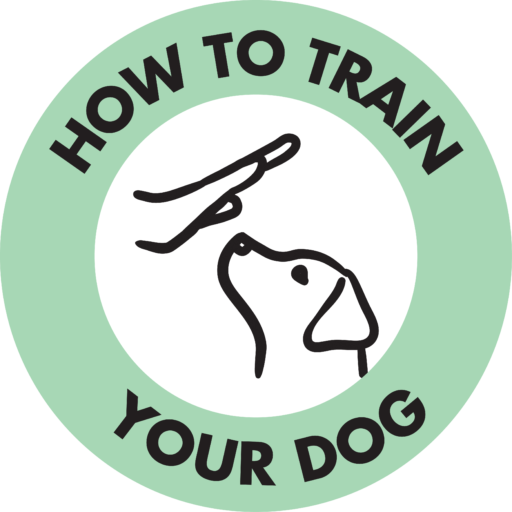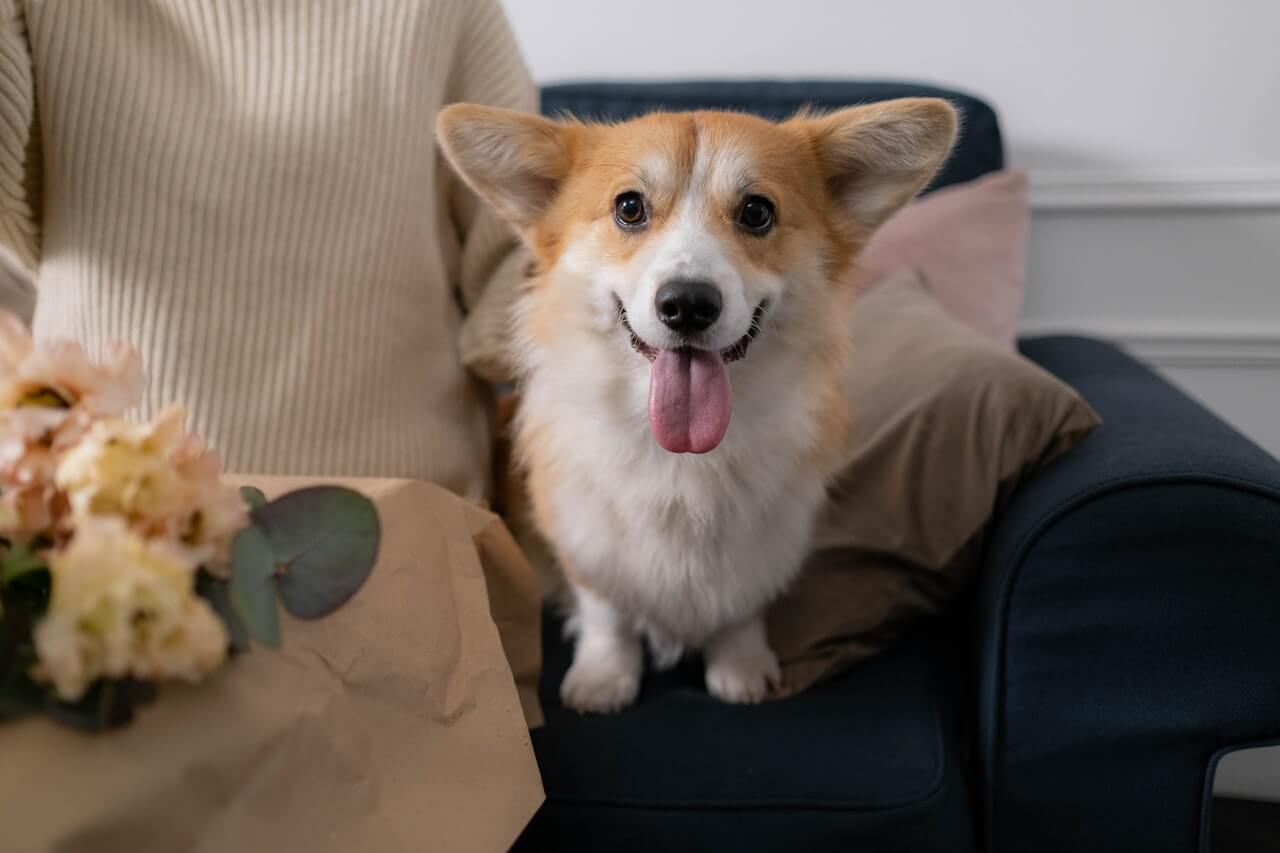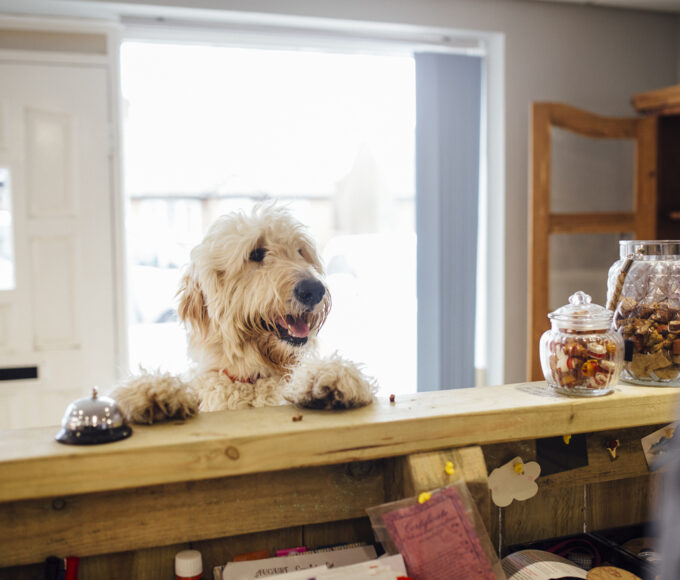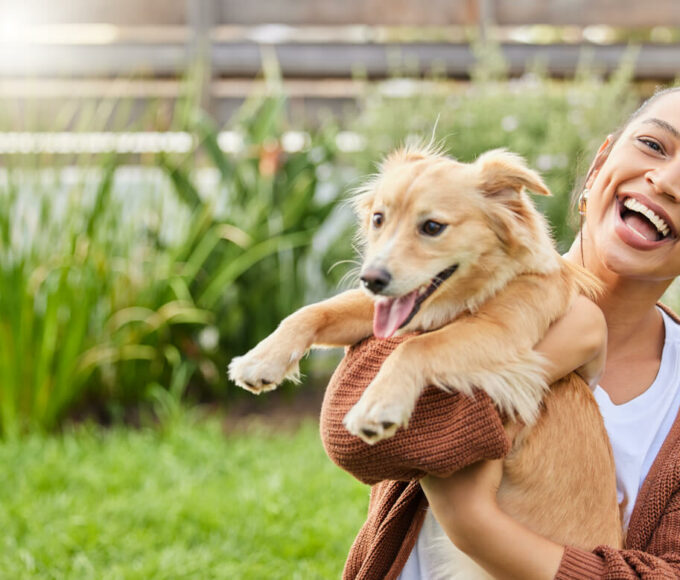The pandemic and subsequent lockdowns and restrictions hit most of us hard. You might have found yourself working from home, unable to socialize with friends or family, and unable to go away. Simply put, it’s been hard — and for many of us, very lonely. For millions and millions of households all over the world, one perfect solution presented itself — getting a puppy.
We love puppies. Cute, friendly, cuddly, Instagram-worthy — what’s not to love? A puppy might seem to be the perfect way of dealing with the lockdown blues. Or is it?
Many new dog owners are finding that their pandemic pups are causing more serious side effects than they’d imagined. In this article, we’ll discuss more on the “pandemic puppy boom,” and how you can overcome associated hurdles, such as COVID dog aggression.
How to Prepare Your Dog for Post-Pandemic Life
I Adopted A Pandemic Dog, Now What?
If you suddenly found yourself spending all day, every day at home, adopting a dog or buying a puppy might seem to be an amazing idea. After all, you’ve got more time now than you’ll ever have, so what better time to bring a new dog into your home, right? Well, not entirely.
Now, it’s worth noting that for many households, it really was the best time. Many families and their dogs are living happy and comfortable lives right now. However, just as many dogs and puppies have been abandoned or given back, or simply aren’t getting the care and attention they need.
Does this mean that if you bought or adopted a new pet during the pandemic, you’re automatically a terrible person? No, of course not. So, let’s talk about what a pandemic dog is, and how pandemic dogs might be suffering.
What is a Pandemic Dog?
A pandemic dog is a dog or puppy bought or adopted during the pandemic. This was usually in direct response to loneliness, isolation, depression, or even boredom caused by the lockdown. Most of us will have experienced at least one (but probably all) of these feelings. Even the idea of bringing a bouncy, happy little creature into our homes might make us feel a little happier.
Buying or adopting a puppy to deal with depression, loneliness, or a sense of isolation isn’t necessarily a bad thing. In fact, many new dog owners report that their pet was a real lifeline during the tricky lockdown months.
How Do Pandemic Dogs Suffer?
As mentioned earlier, there’s nothing wrong with buying a puppy or adopting a dog during the lockdown. However, it’s very important to have your motivations in order, and fully understand what you’re taking on.
Why are you buying a puppy? Is it because you’re bored, or lonely because you can’t go out with friends and family? Unfortunately, the pandemic pup mania means that puppies are snapped up as soon as possible — then just as quickly returned.
A family might decide that they have plenty of time to care for a new puppy since they’re all at home. However, when lockdown restrictions ease, the parents may go back to work, the kids go back to school, and the family is eager to fill their free time with going out and socializing once again.
Suddenly, no one seems to have time for their puppy at all. The novelty of the new pet might have worn off, and the dog might have outgrown some of its cute puppy-ness. Essentially, the family loses interest. The puppy sits at home all day, locked in a room or in a crate, just as lonely as you were during the lockdown. (Again, this isn’t relevant to everyone!)
Finally, something needs to be done. The family might sell the puppy, or give it back to the breeder or adoption center. After all, they don’t have time for it anymore, right?
What’s Your Long-Term Plan?
Think about that for a second. When you buy a puppy or adopt a dog, you promise to give that animal a home for the rest of its life. Especially with a puppy, you’ve taken it away from its mother. The dog or puppy gradually learns to love you, quickly believing that you are it’s new family. It trusts you.
Then, the puppy’s beloved family starts disappearing, all day, every day. When the family comes home, they don’t have time for the excited, lonely little pup. Soon enough, the puppy finds itself packed up and shipped off somewhere else, never to see their family again.
Basically… If you don’t have a long-term plan to care for your puppy — even after everything is back to normal— then please, don’t get a dog. Get a fish, or possibly a hamster, maybe an animal that is more short-term or doesn’t require as much attention, love, and care.
Pandemic Puppy Syndrome: Digging Deeper
When millions of people start frantically, desperately buying something (hand sanitizer and toilet roll, anyone?) it always causes problems. More specifically, the puppy mania has created something called “pandemic puppy syndrome.”
Puppy breeders find themselves with years-long waiting lists of people desperate for puppies. Adoption rates have gone up (which is a good thing, of course), and the cost of buying a puppy has soared.
Unfortunately, many of these dogs are quickly returned. In theory, a dog should provide motivation for you to get up and get out of the house, but this doesn’t always work out. Badly socialized dogs have led to something called “COVID dog aggression,” where dogs bought during lockdown aren’t socialized around other dogs and people.
Puppy mania has also exacerbated the dreaded puppy farms. Puppy farms, sometimes known as puppy mills, are created directly to meet the demand for cute, fashionable pups. Dogs are bred in appalling conditions, left in tiny cages, then the puppies are taken from their mother too soon and sold for a top price.
To meet demand, there’s been a rise in “puppy mafia,” where likely-looking pups are stolen from their owners and sold to someone else.
Tackling The Pandemic Pup Blues
You can beat the Pandemic Puppy Blues. If you’ve adopted or bought a dog, set out a long-term plan to continue caring for your pet, even after you’ve returned to work or school. Socialize your dog as much as you can, even if it means taking on a puppy socialization class or general puppy school.
Remember that you’ve brought this dog into your home. You are your dog’s whole world. Try and be the person your dog needs (You know you can!).






